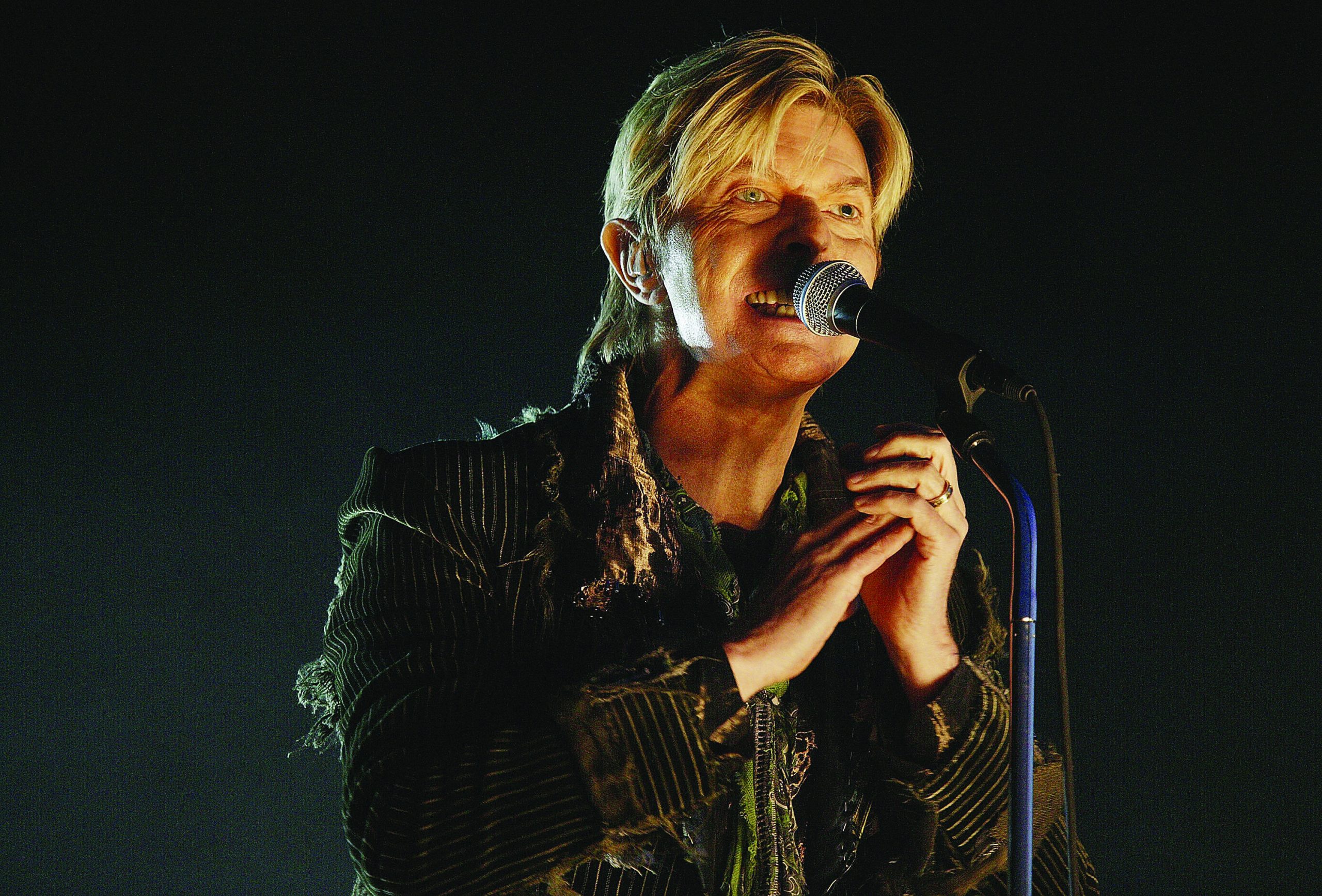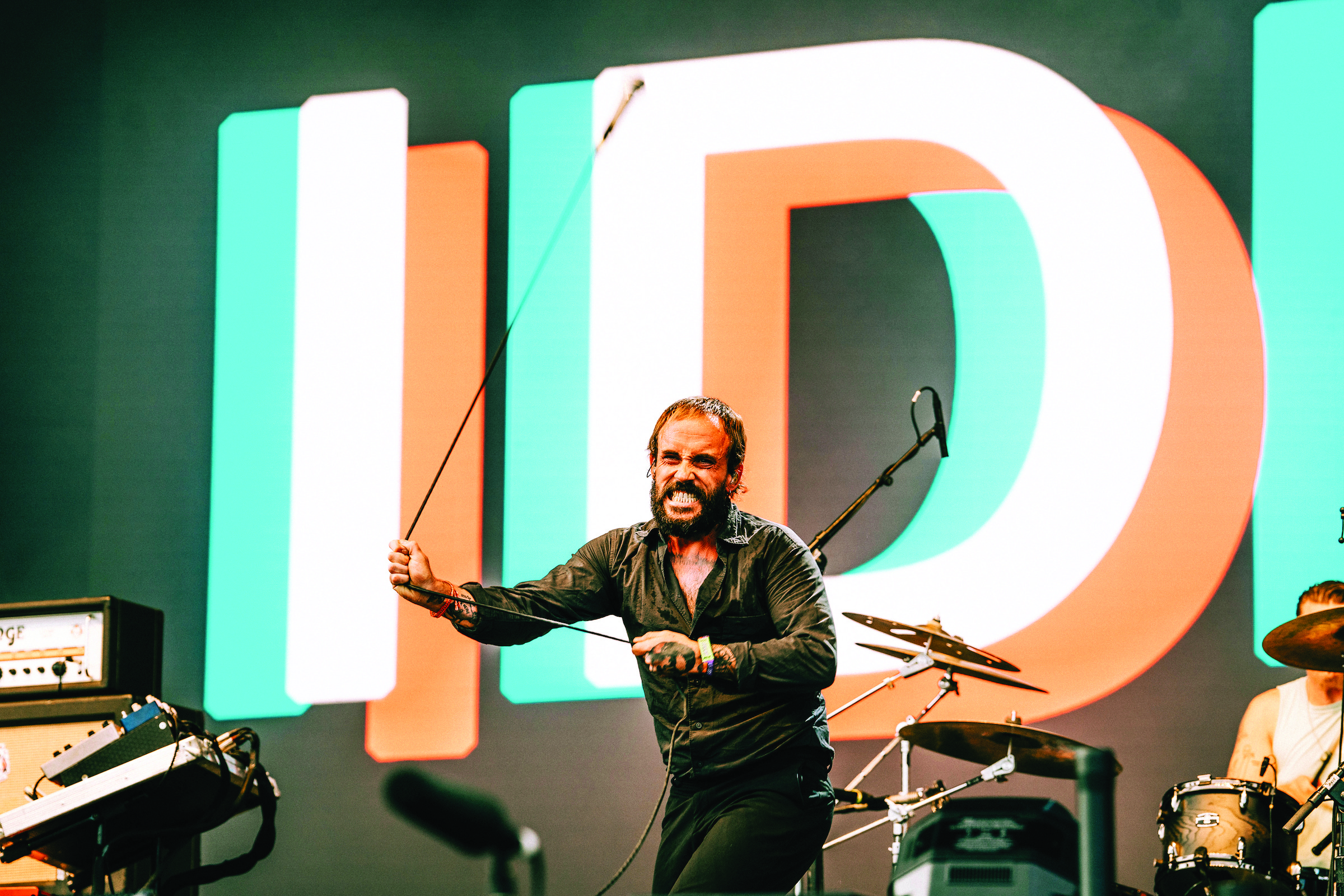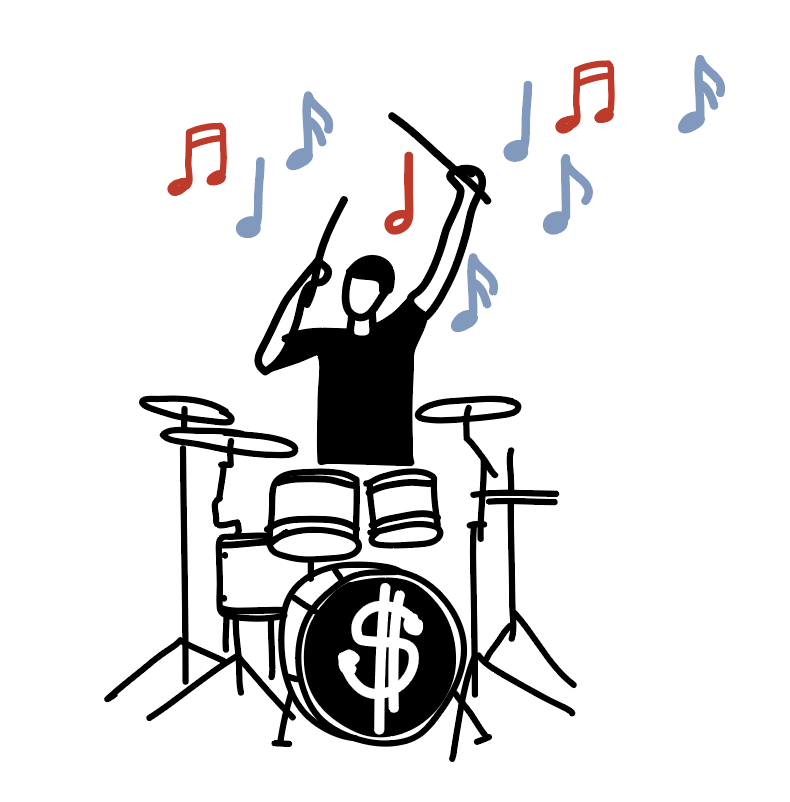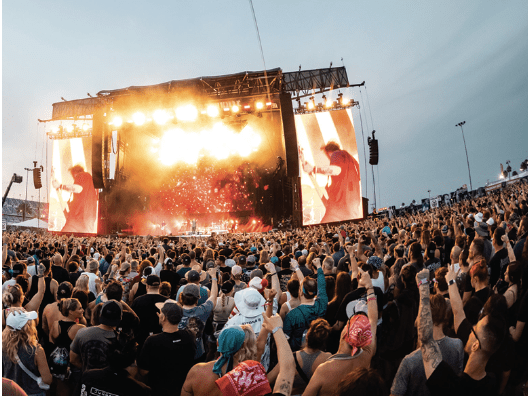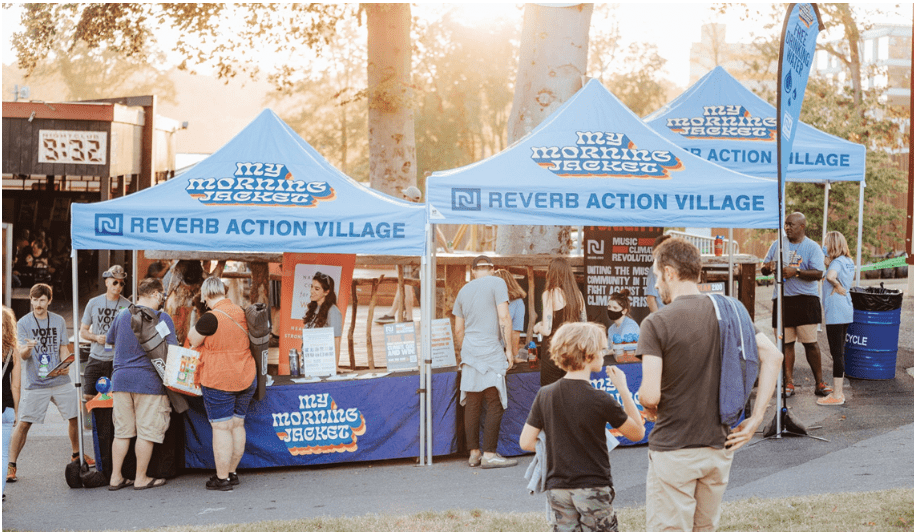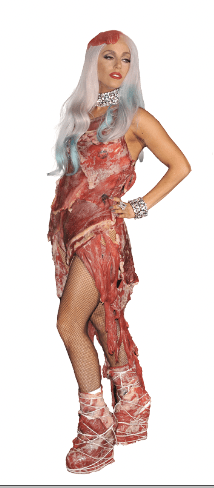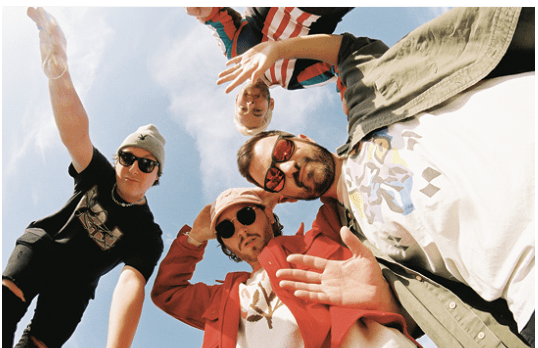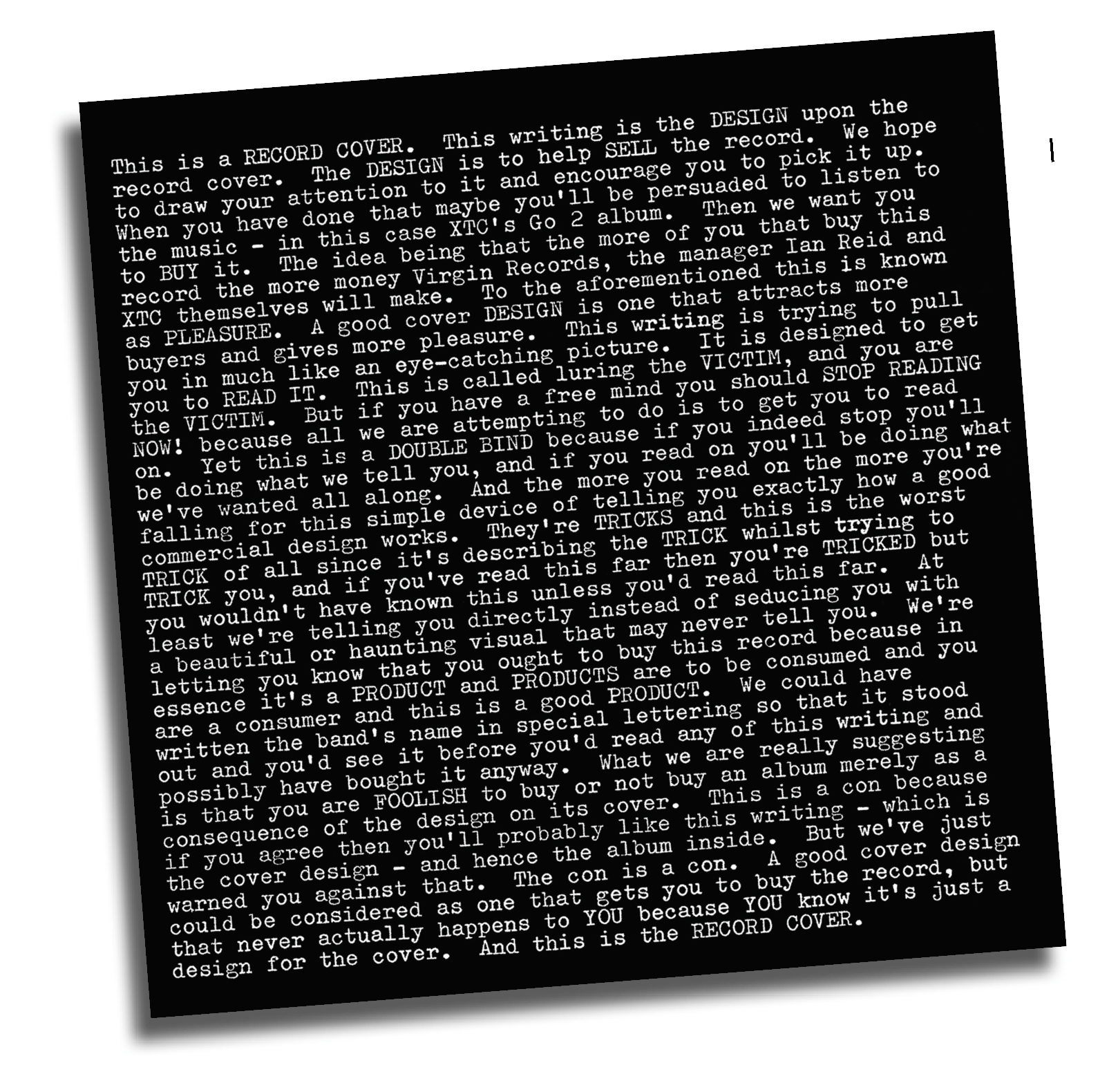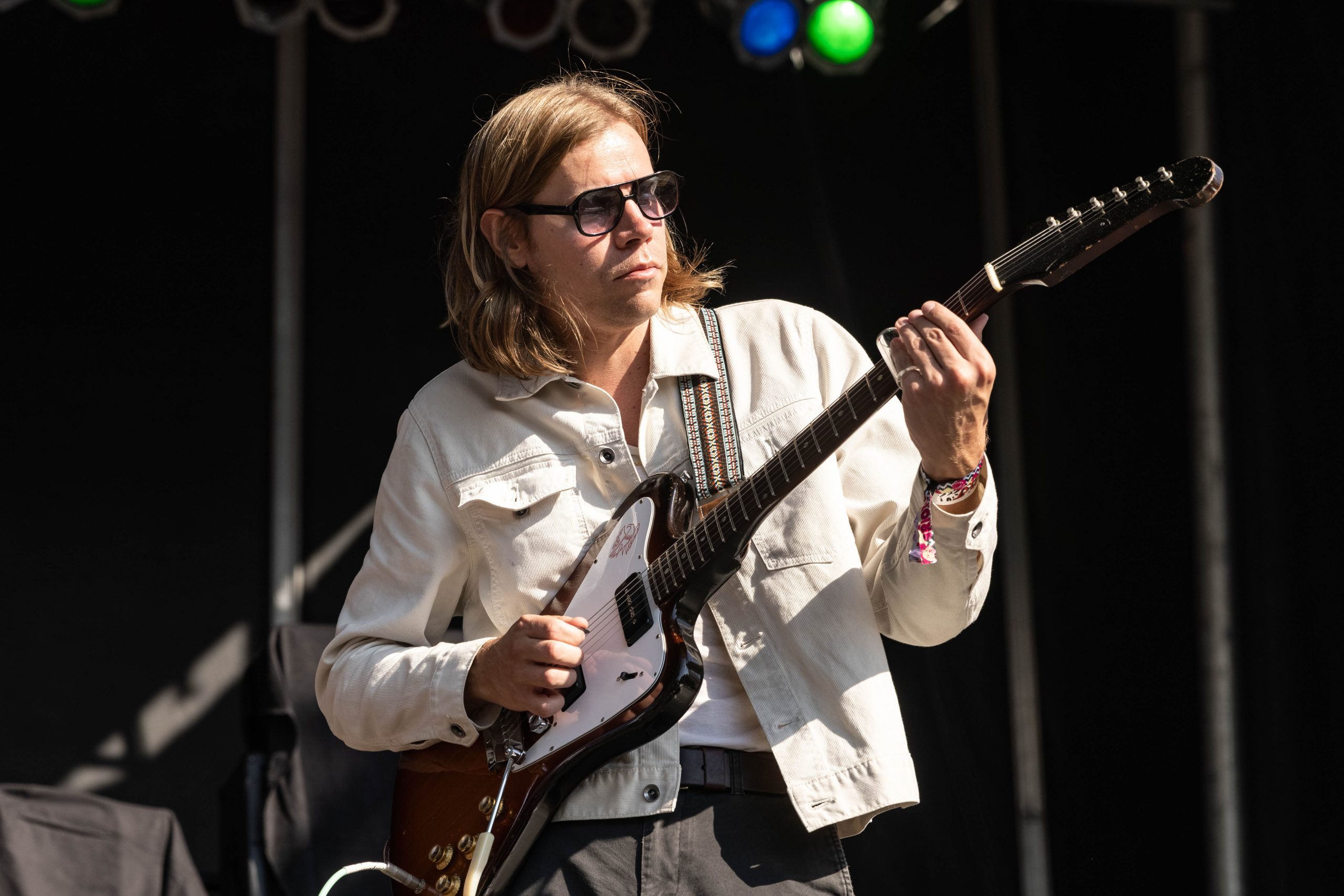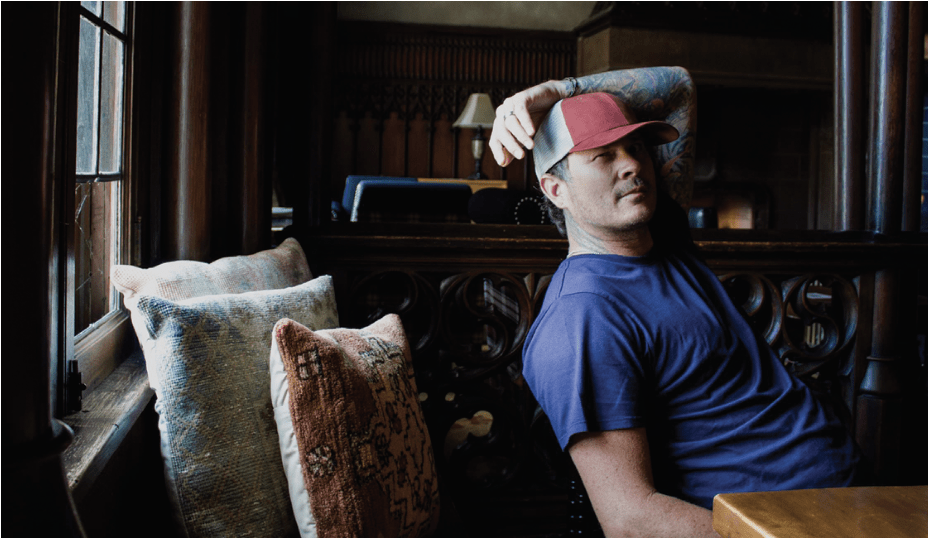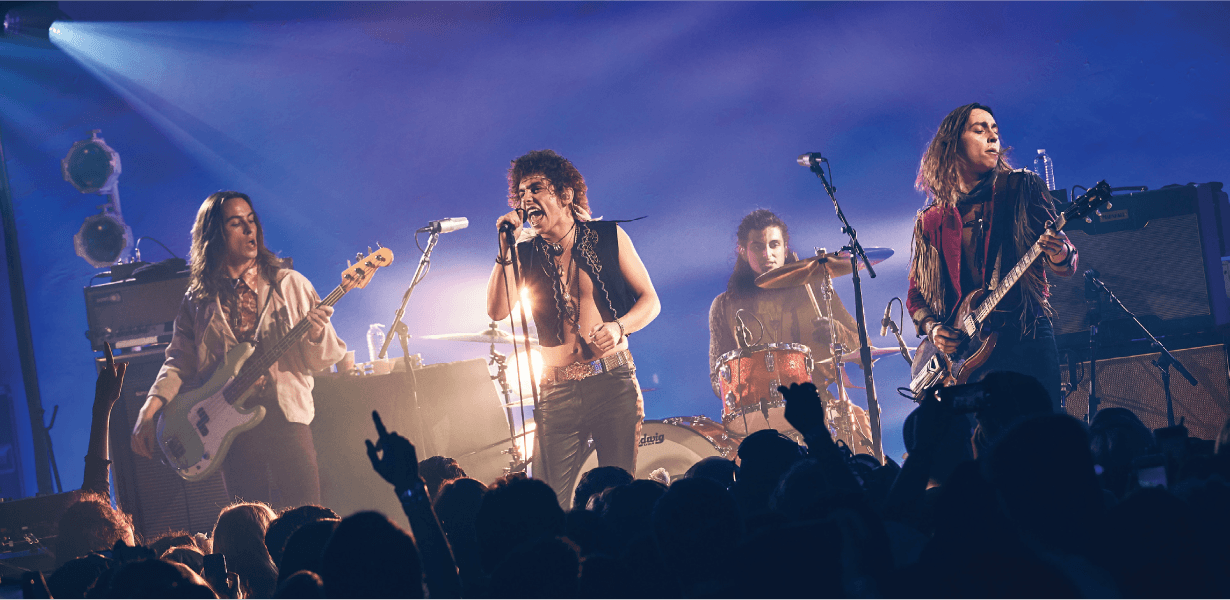Rock’s Revivalists: Greta Van Fleet
Hip hop and rap have surged in popularity in the past 15 years, outpacing rock, pop and country to become America's most-streamed musical genres. But a Grammy-winning outlier is bucking music-industry trends.
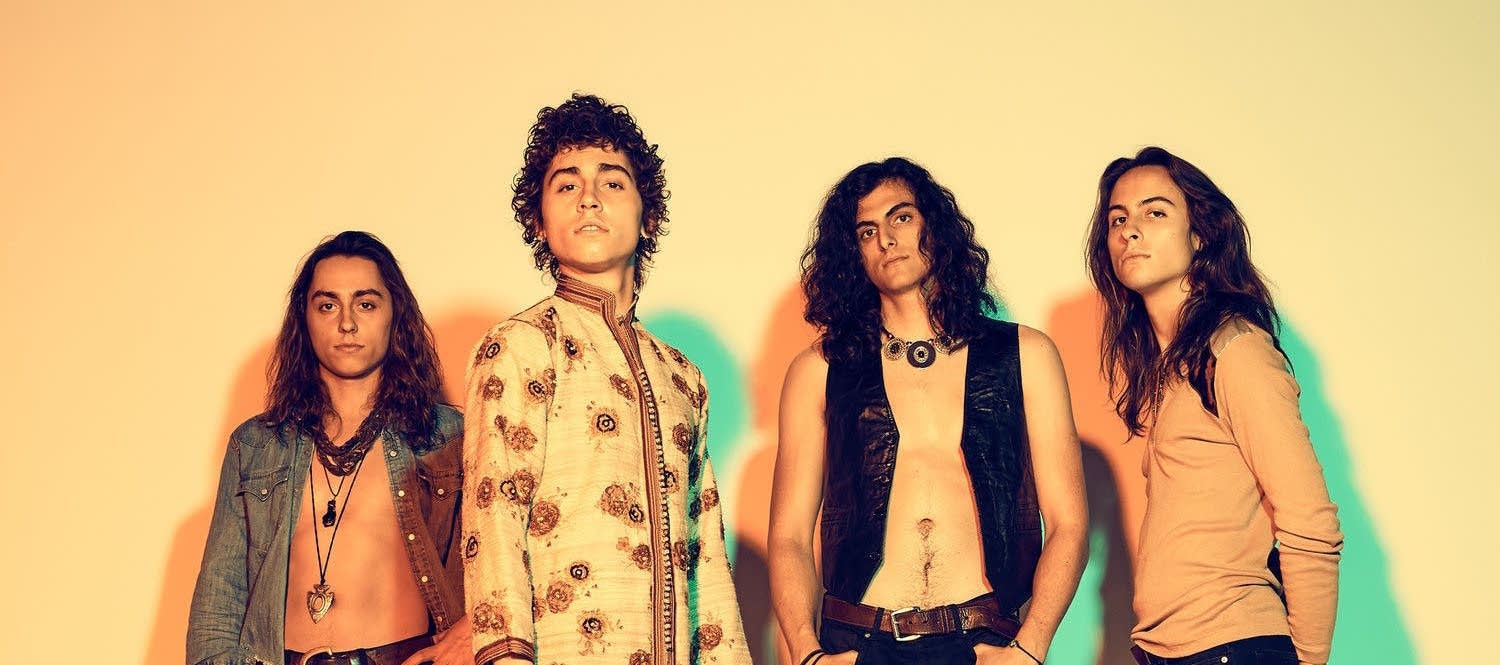
Readers of a certain age can remember the “Generation Gap.” In the late ’60s and early ’70s, the young and old could barely communicate across the chasm that separated them. Parents couldn’t fathom their own offspring’s long hair, leftist politics, Eastern religion or macrobiotic meals — let alone a sense of fashion seemingly inspired by Native American fringe and beads. Meanwhile, their kids rejected what they viewed as older folks’ dull, mindless, materialistic conformity.
But one of the biggest disconnects was music. Older generations had come of age consuming a musical diet of soothing horns and comforting strings. They listened contentedly to melodious tunes and inoffensive lyrics meant to relax audiences, rather than challenge or incite. In sharp contrast, the kids were captivated by wailing guitars, screeching vocals and provocative lyrics — all of it backed by pounding, jarring rhythm.
A few in the generation that came of age in the ’60s and ’70s went so far as to base their identity on music. Rock fueled their rebellion, reflected their hedonistic lifestyle and announced their rejection of everything they considered out of date.
But lately rock has fallen on hard times, the victim of the rising popularity of both hip hop and pop. In 2017, rock accounted for 19.8% of the singles streamed online, right behind hip hop’s 20.9% market share, according to BuzzAngle, a company that tracks music consumption. Last year, however, hip hop dominated with 24.7%, pop rose to 19.0% and rock nose-dived to just 11.7%.
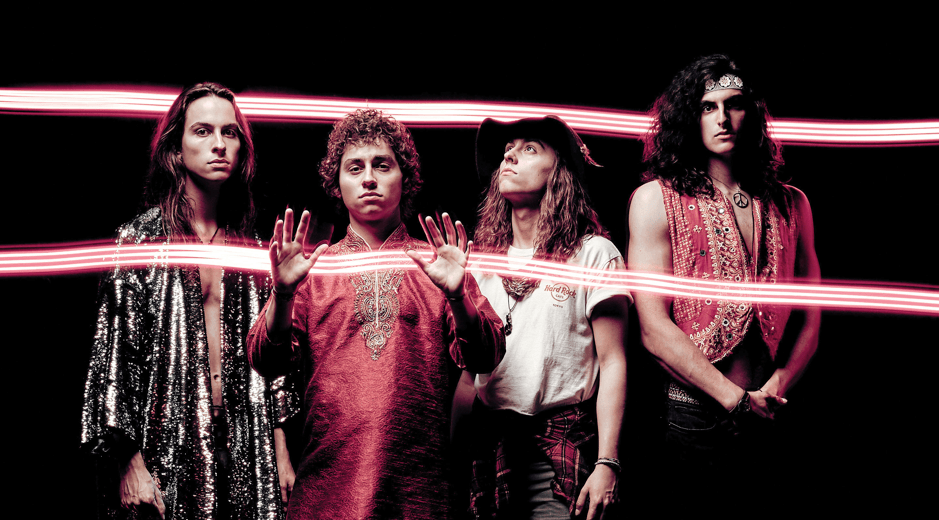
Immune To The Downturn
A new band from Frankenuth, Mich., seems unaffected by the genre’s downward trajectory. Greta Van Fleet, a group composed of three brothers — Josh, Jake and Sam Kiszka — and a fourth member, Danny Wagner, is scaling the heights of stardom. Greta brings together concert audiences that span the generations and won this year’s Grammy for best rock album for From the Fires, beating out fellow nominees Ghost, Weezer, Alice in Chains, and Fall Out Boy.
From the Fires, a double EP, includes four songs from the Greta’s first EP, Black Smoke Rising, and four new songs. The double EP offers tunes that range from a cover of Sam Cooke’s A Change Is Gonna Come to Greta’s own smash songs, Highway Tune, and Safari Song — both compelling riff-laden rockers that bring audiences to their feet and reached No. 1 on the Billboard Mainstream Rock Songs chart.
“It’s the best rock and roll I’ve heard in 20 f**king years. These guys are so talented, they take my breath away.”
— Sir Elton John
Late last year, the band released its debut full-length studio album, Anthem of the Peaceful Army, which peaked at No. 3 on the Billboard 200 chart with sales of more than 80,000 copies. It included When the Curtain Falls, another single that climbed to No. 1 on the Billboard Mainstream Rock Songs Chart.
Greta has achieved that success even though most members of the band haven’t reached the federal legal drinking age. Baby Boomers who find themselves intrigued by the band’s similarities to Led Zeppelin but skeptical of GVF’s youth might want to keep something in mind: Zeppelin’s Robert Plant was 16 when he left home and moved from band to band until joining the fledgling Led Zeppelin in 1968 — when he was 20.
Their Own Vision
It has to be daunting, discouraging and boring for members of Greta to hear themselves endlessly compared with Led Zeppelin and Rush. Sure, the Greta vocals that Josh screams can seem a bit similar to the soaring complaints of Zeppelin’s Robert Plant and Geddy Lee of Rush. Greta’s riffs can sound familiar, too — they share something with a lot of classics of Classic Rock. But it’s important to remember that Led Zeppelin borrowed so heavily from Willie Dixon and other blues masters that the English band was accused of plagiarism.
Besides, harping on who’s copying whom wastes precious time. It’s like citing Albert Einstein’s accomplishments to a physics major or telling a member of the debate team she sounds like Michelle Obama. Who needs it? Some can remember high school teachers who condemned comparisons as “odious.” That may or may not have suggested that comparisons smell bad, but whatever that word “odious” means, teachers were making the point that true understanding requires examining art on its own merits instead of distorting it through the lens of something that came before.
Listening to just a few bars of a Greta Van Fleet song can form an immediate connection to the band. They’re rocking at a moment dominated by hip hop and by ballads that somehow combine the bland with overwrought. Greta’s very existence suggests that rock in general isn’t nearly so endangered as many seem to believe.
Greta Van Fleet gave birth to a sound that’s almost universally identified as neo-classic rock, but members of the bank say they did it by combining disparate musical traditions. Jake, the guitar player, favors rock and roll; Sam, the bass and keyboards player, likes jazz; Danny, the drummer, prefers folk; and Josh, the lead singer, is attracted to world music, “It’s not like we set out to be a rock and roll band,” Jake said in a published interview. “It’s just that sound that comes out [when] we get together and play.”
